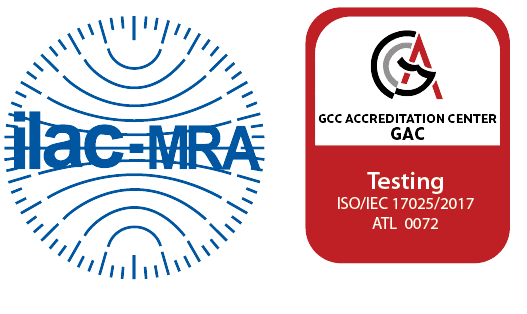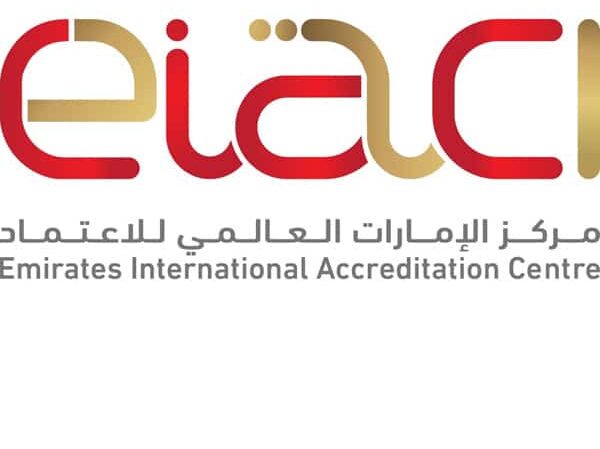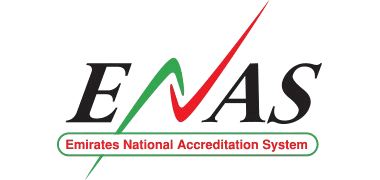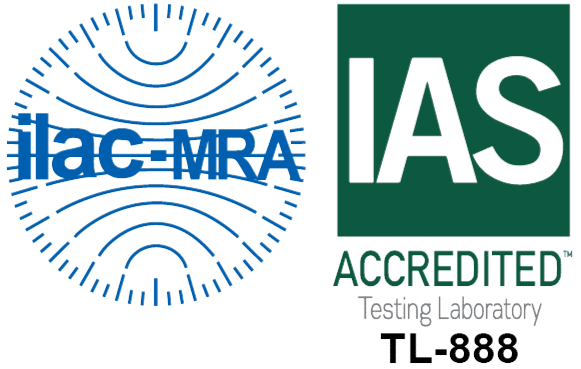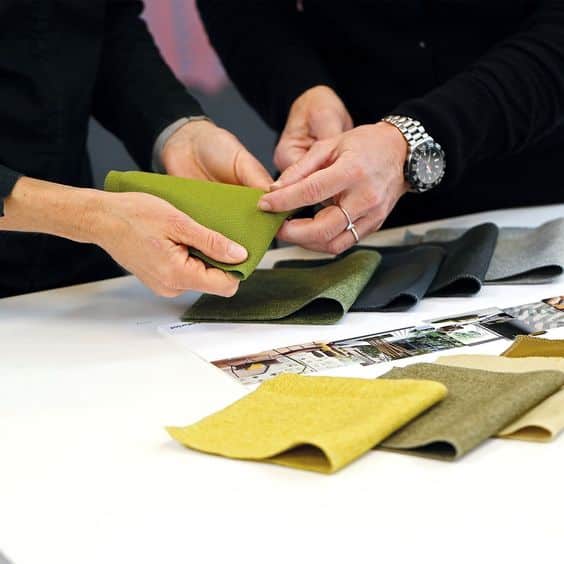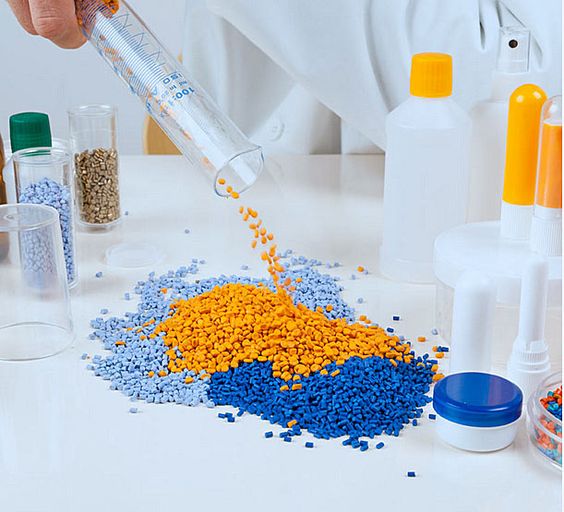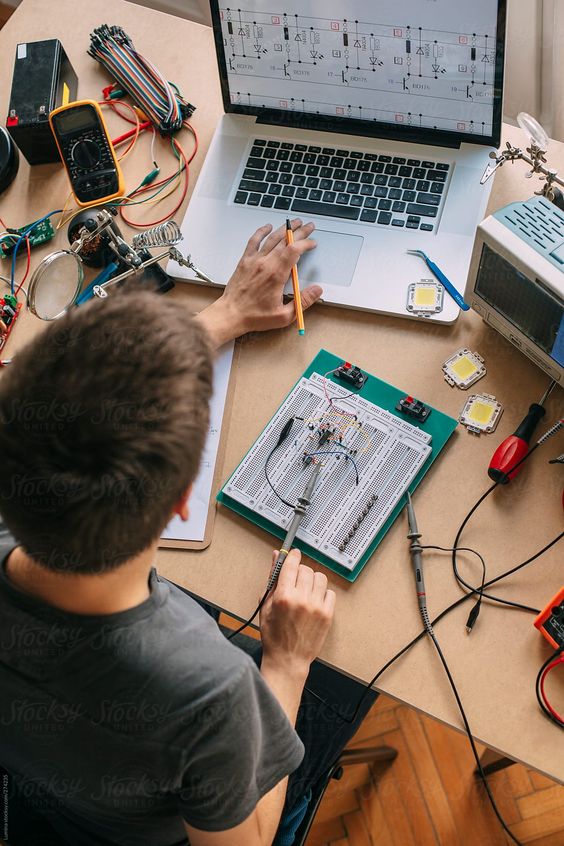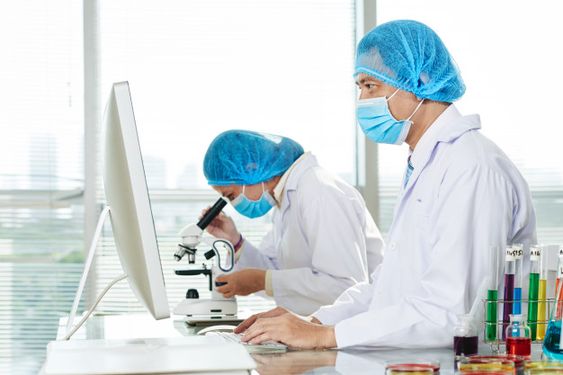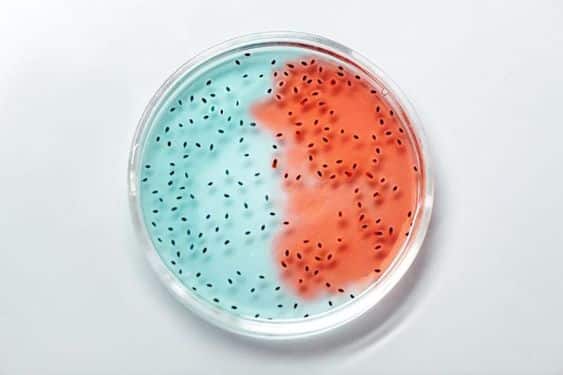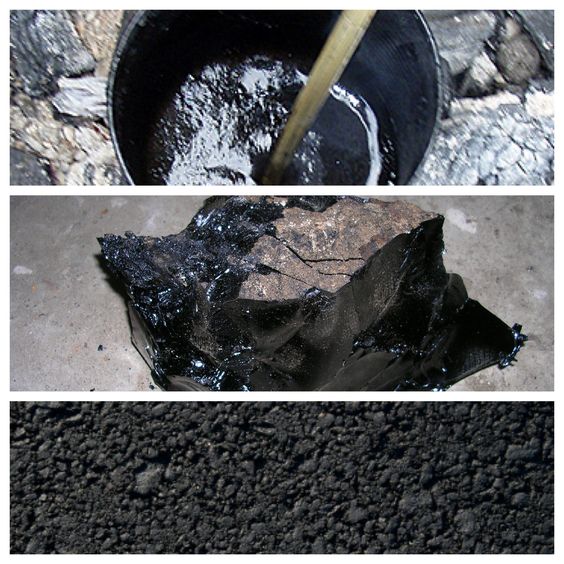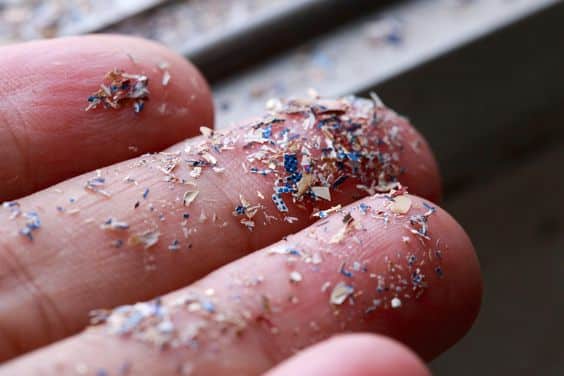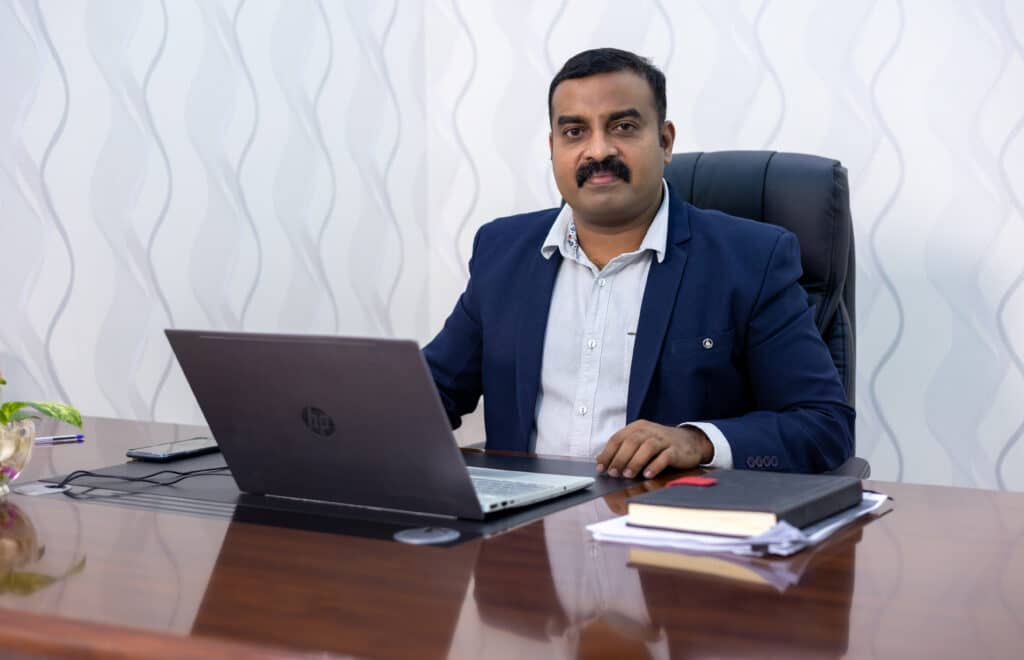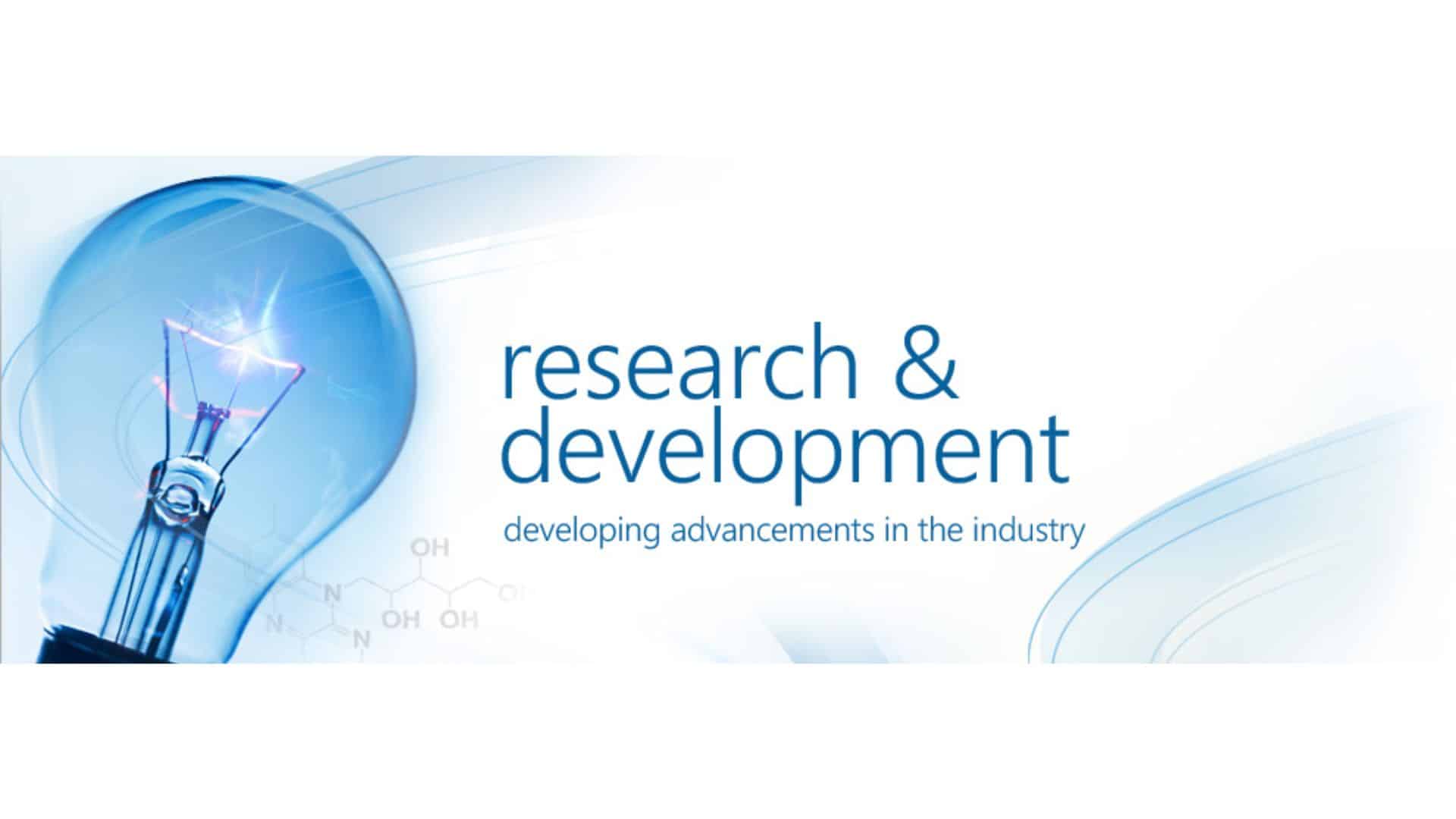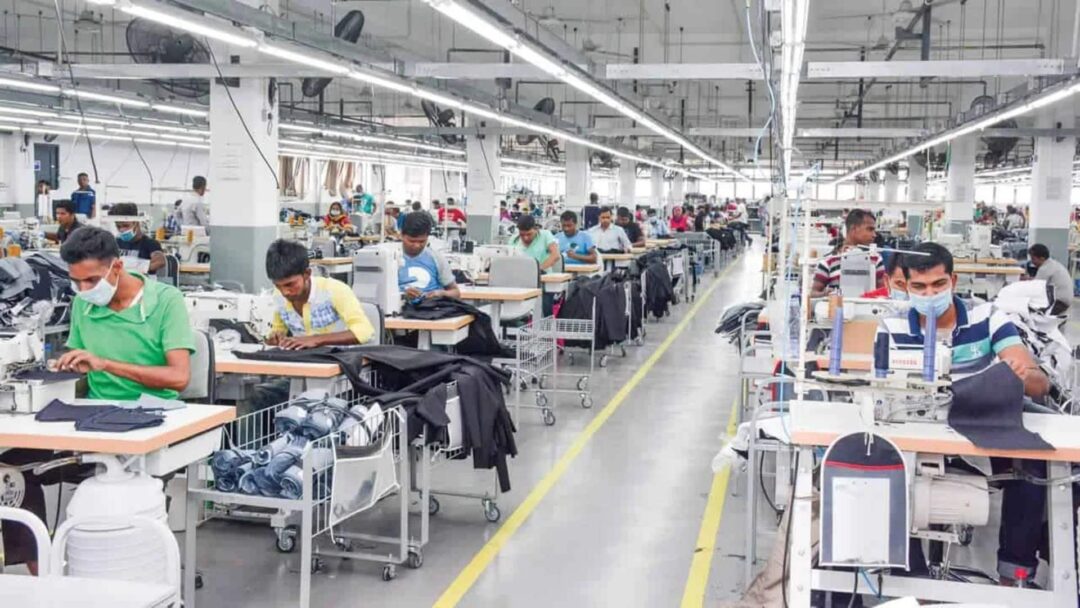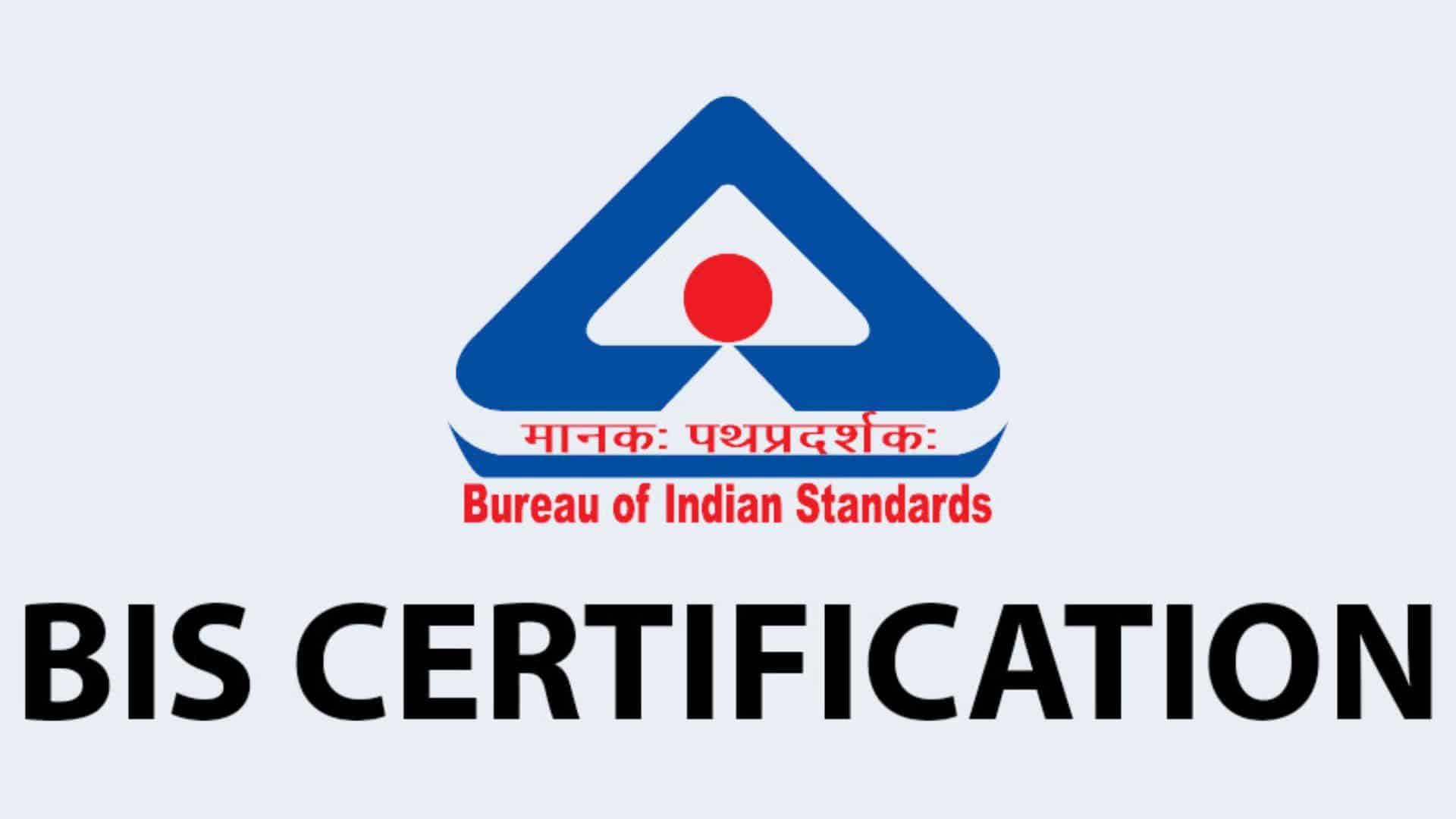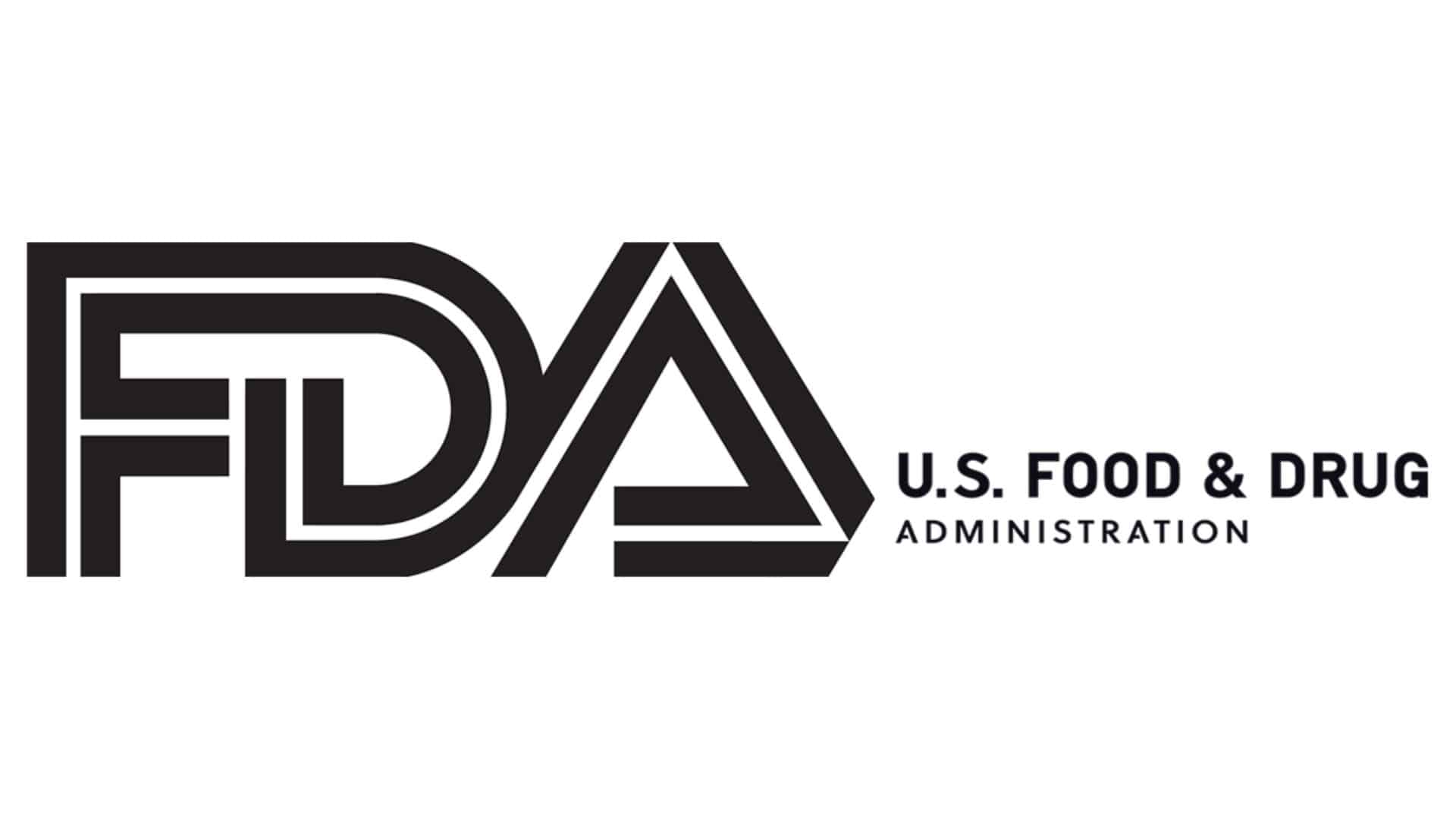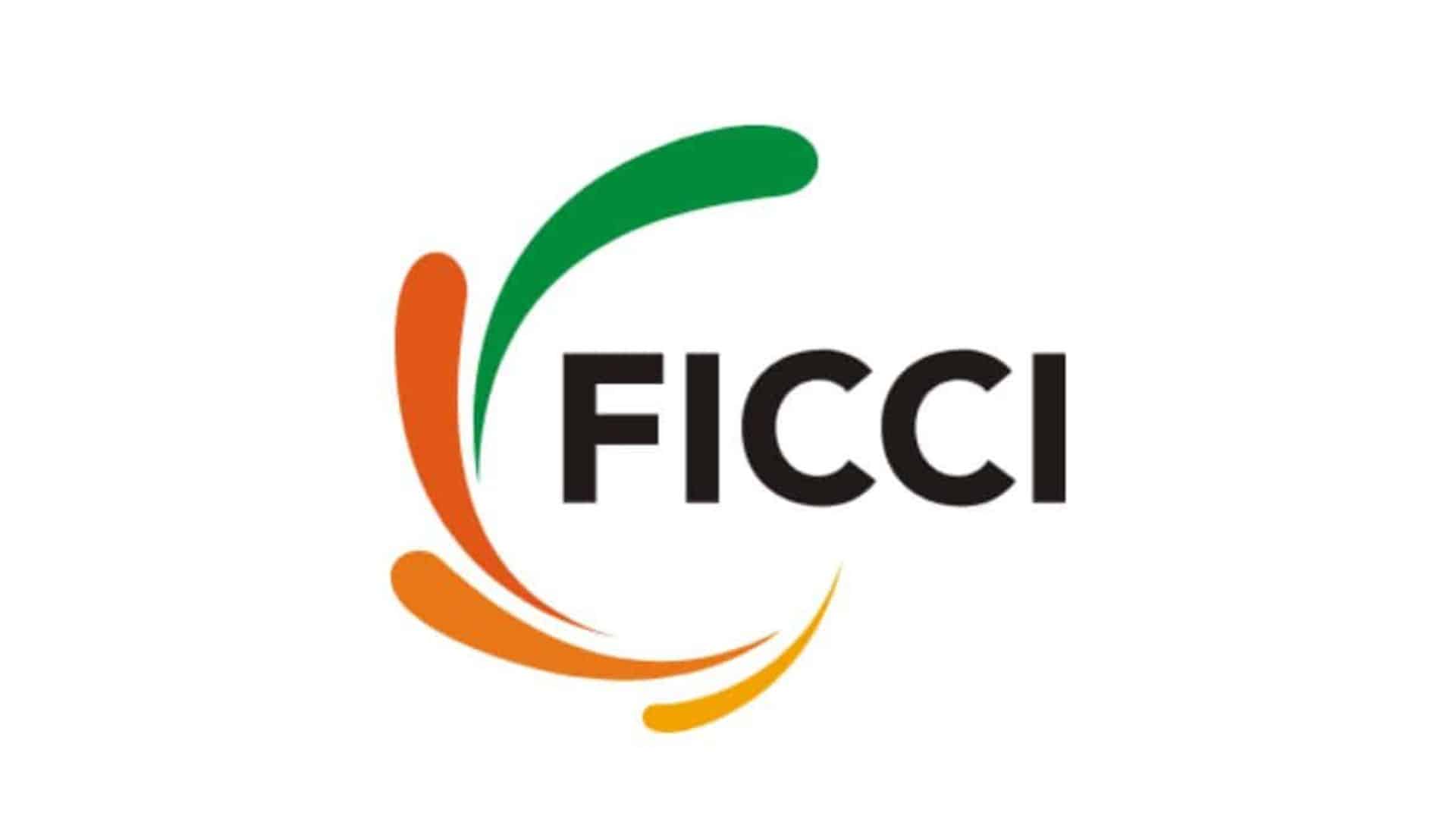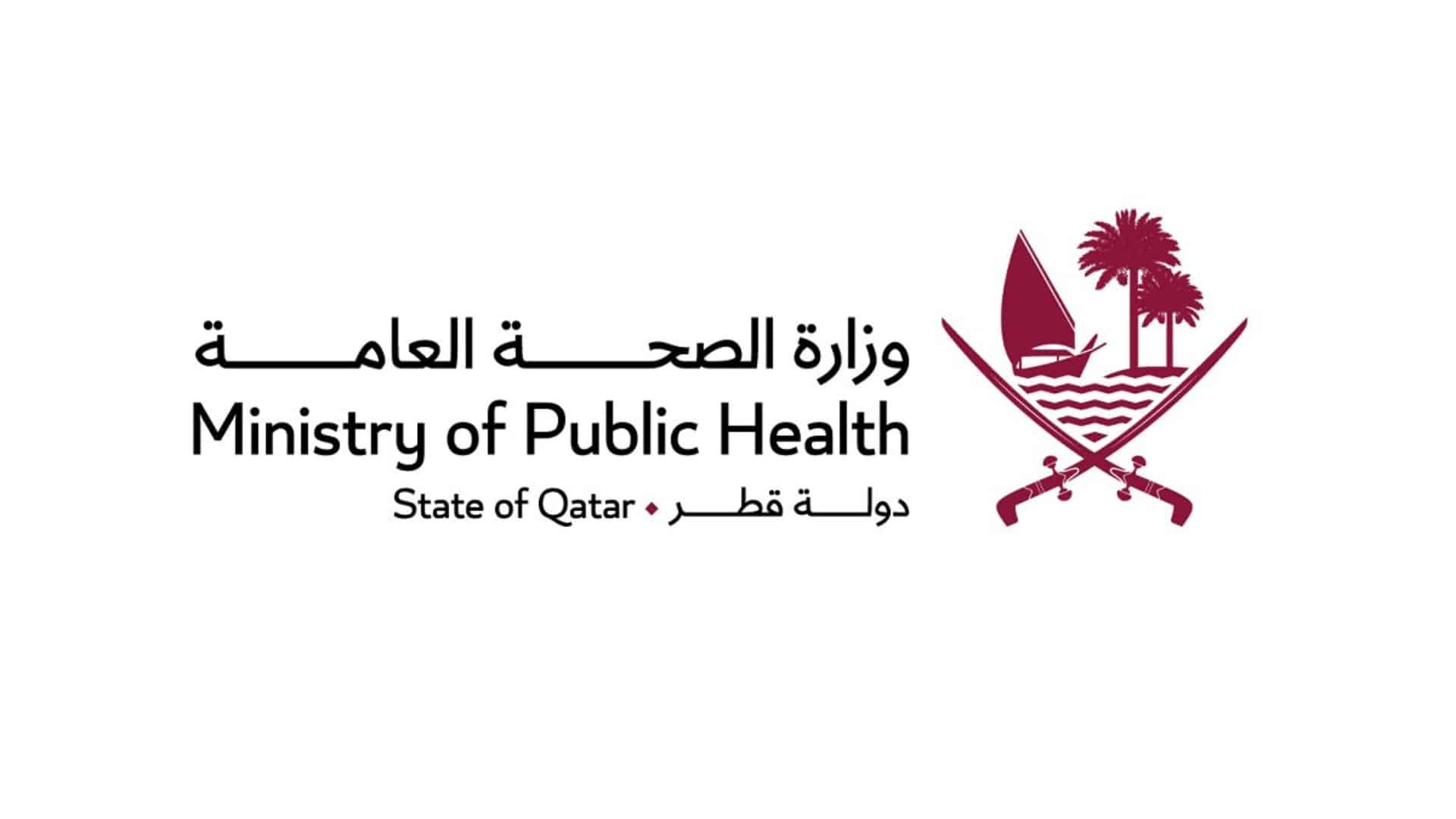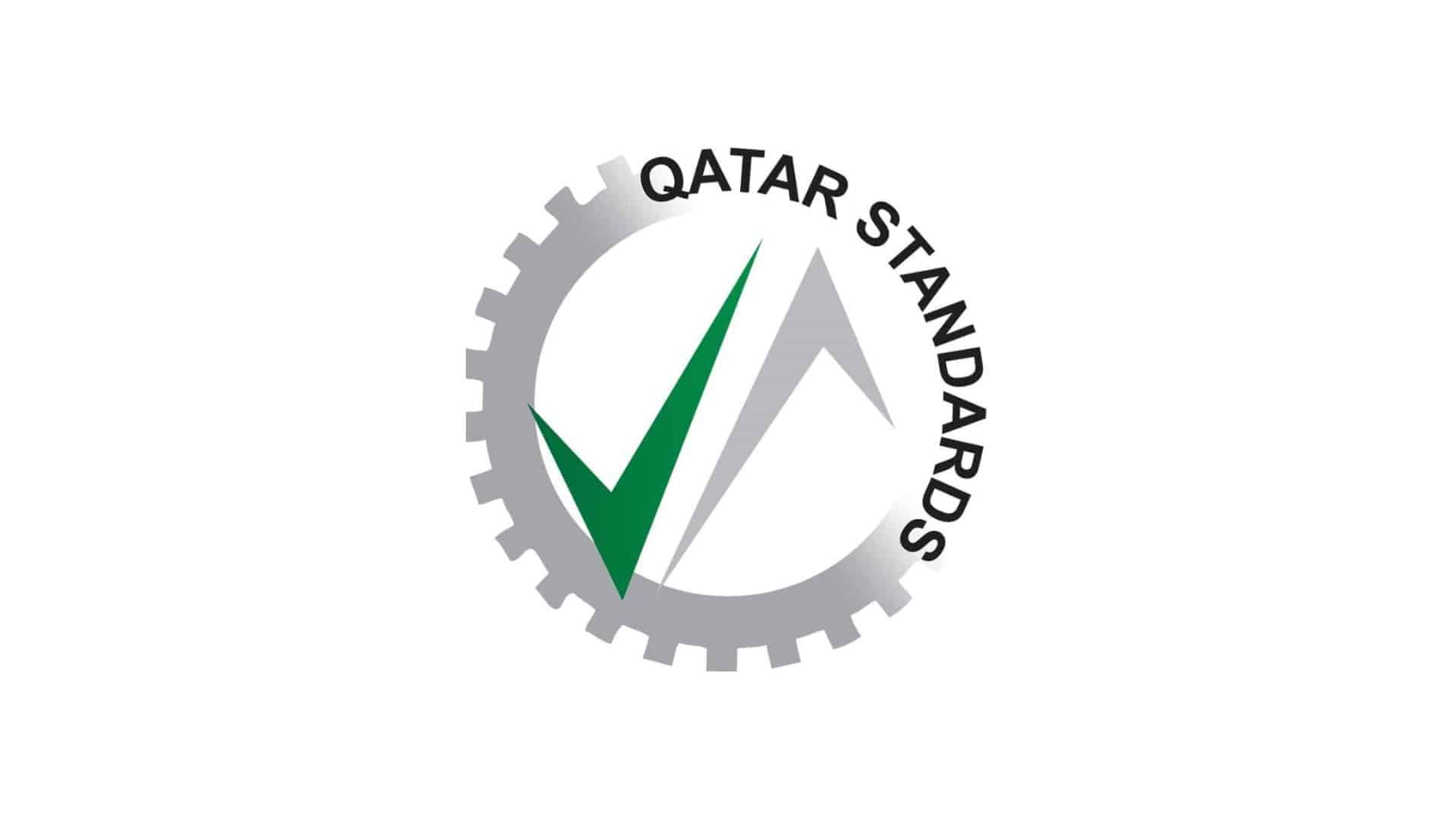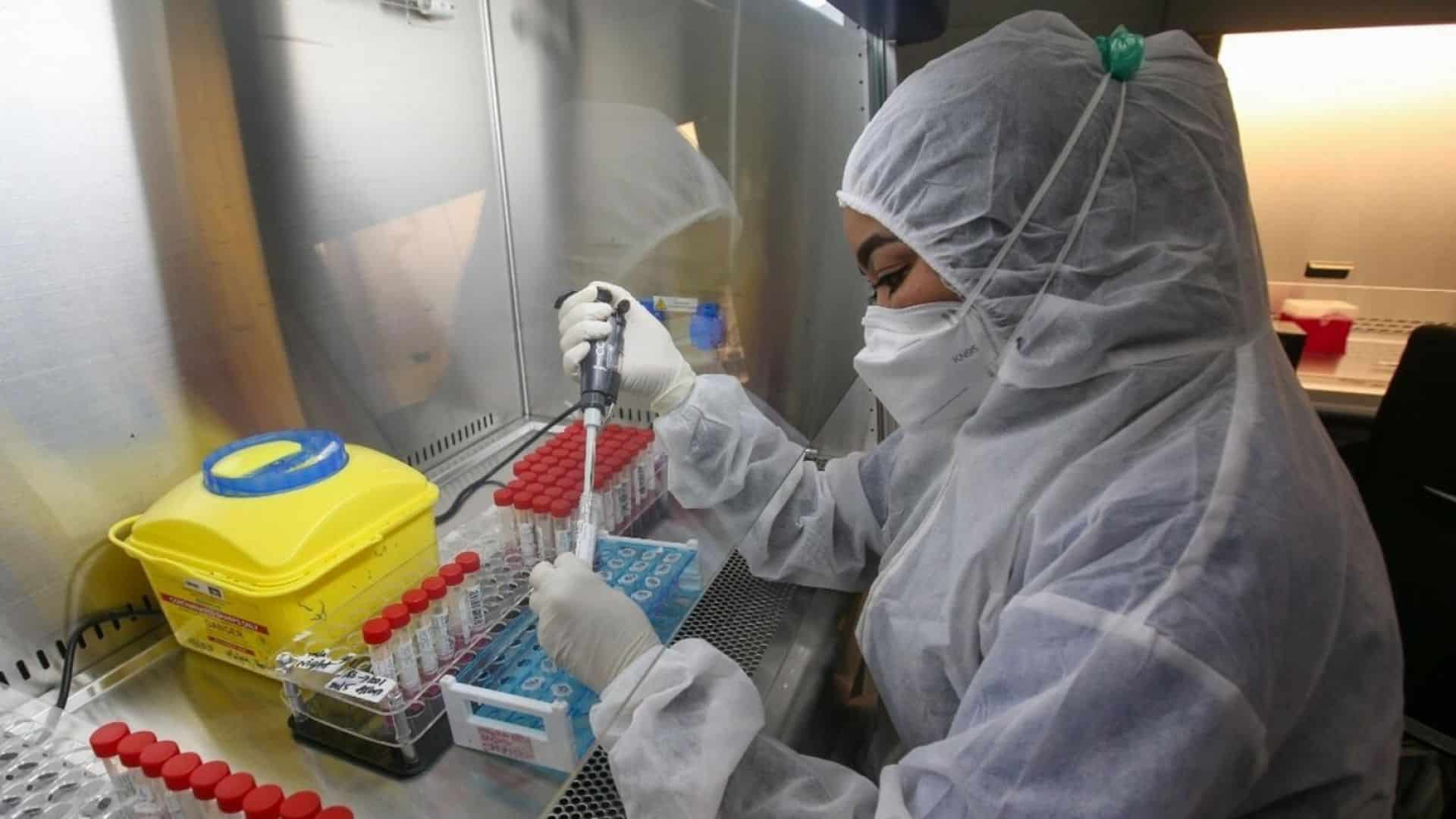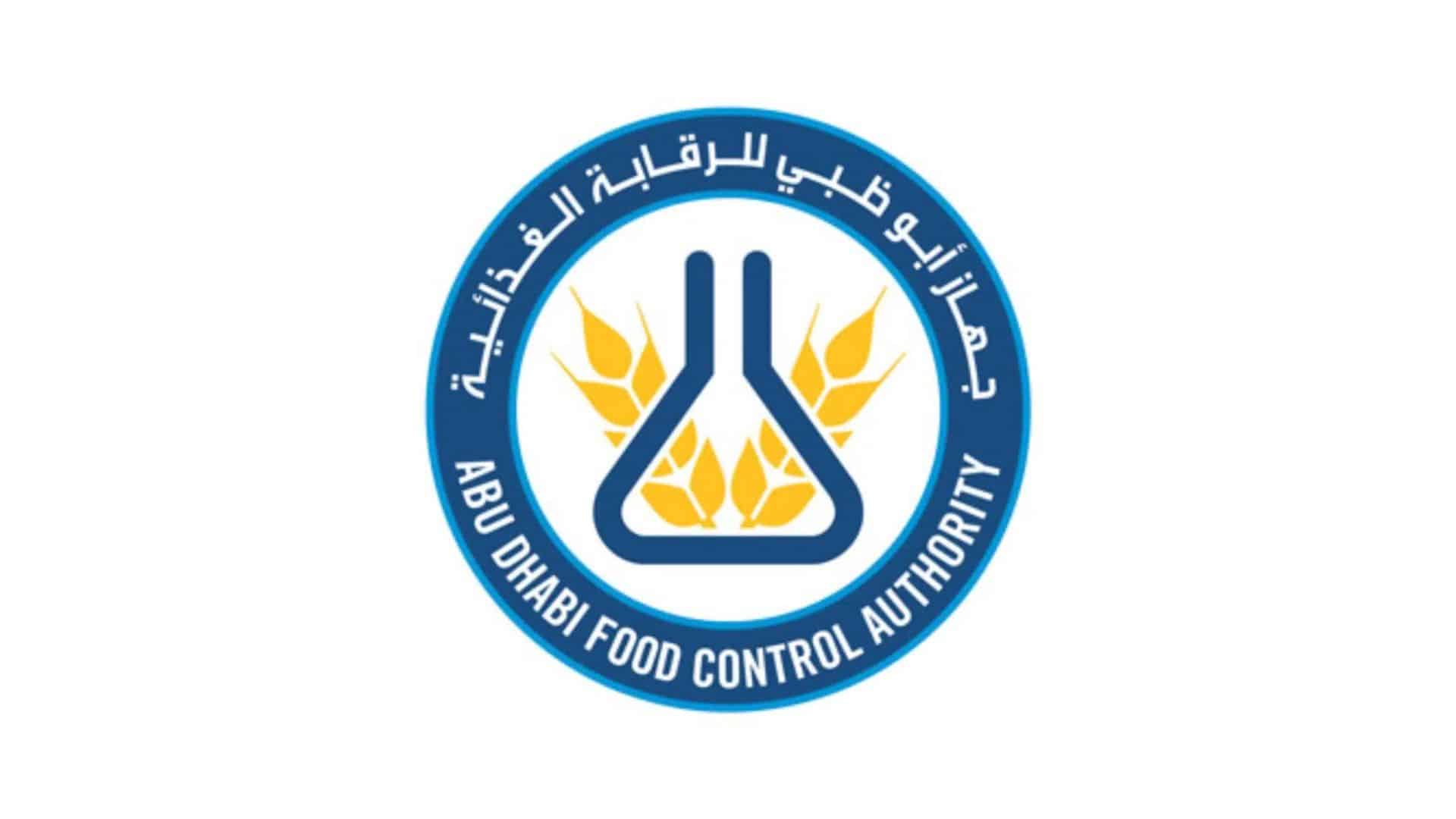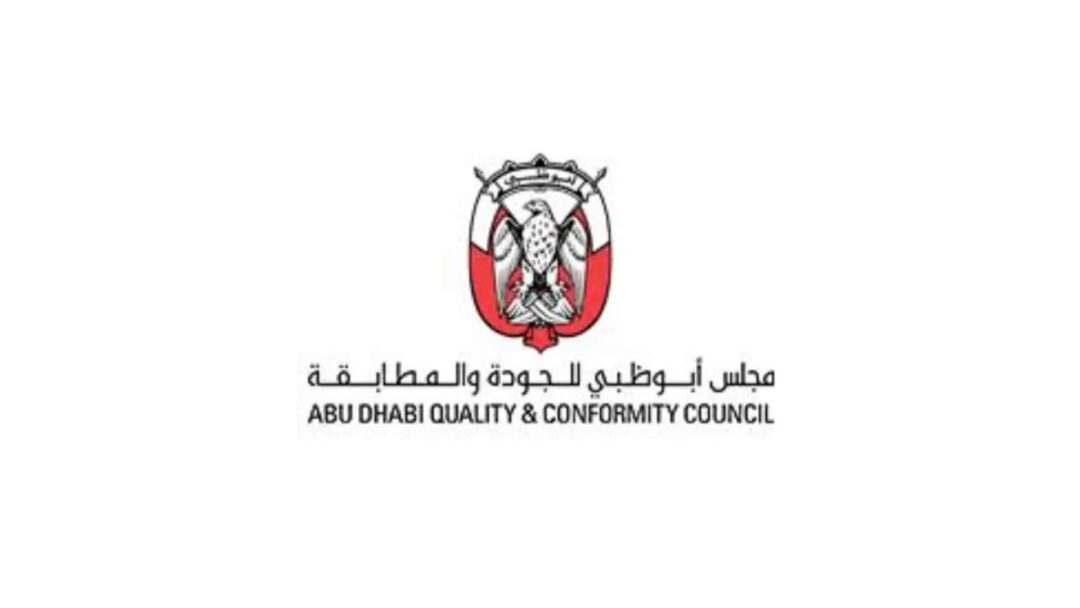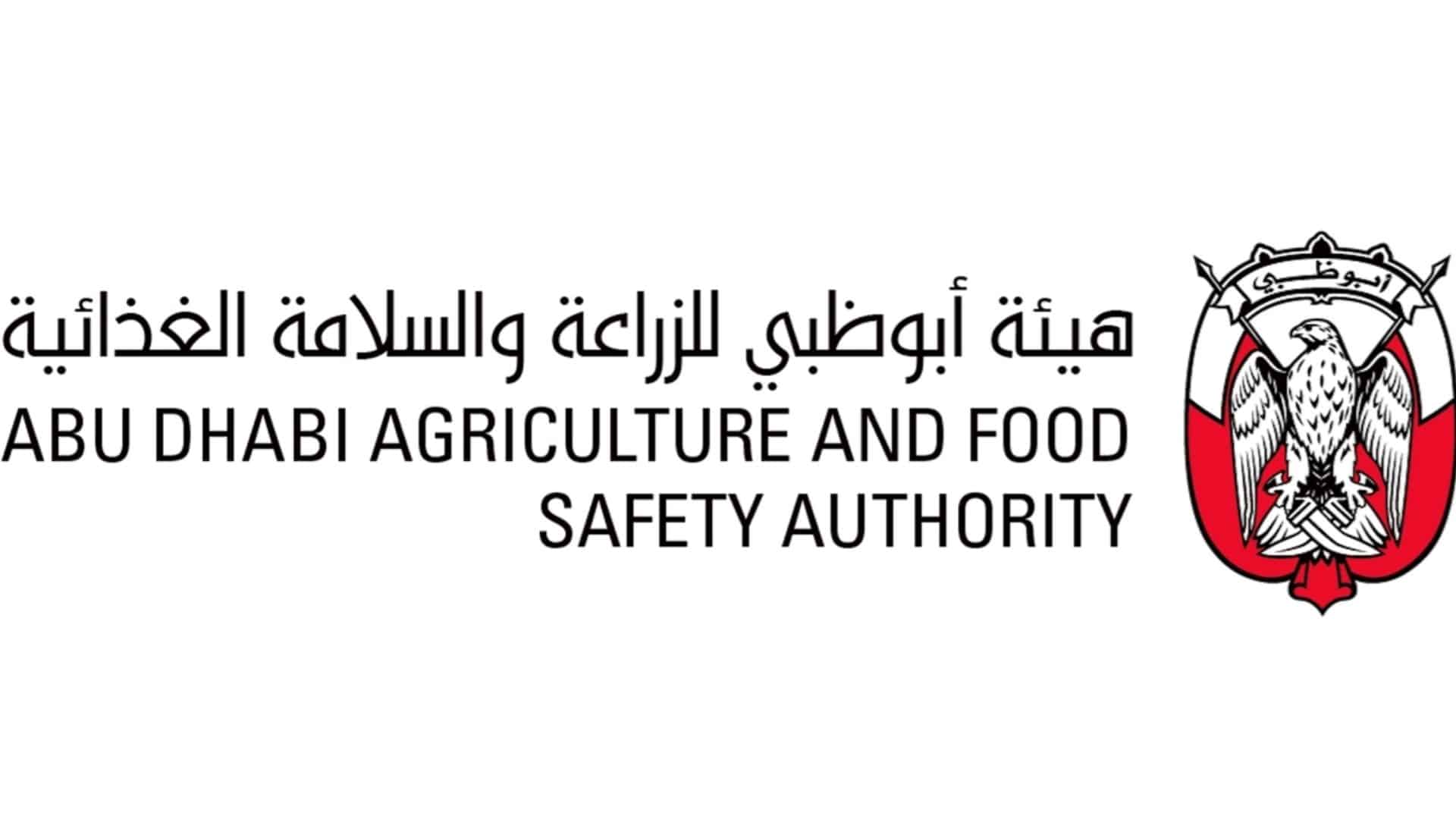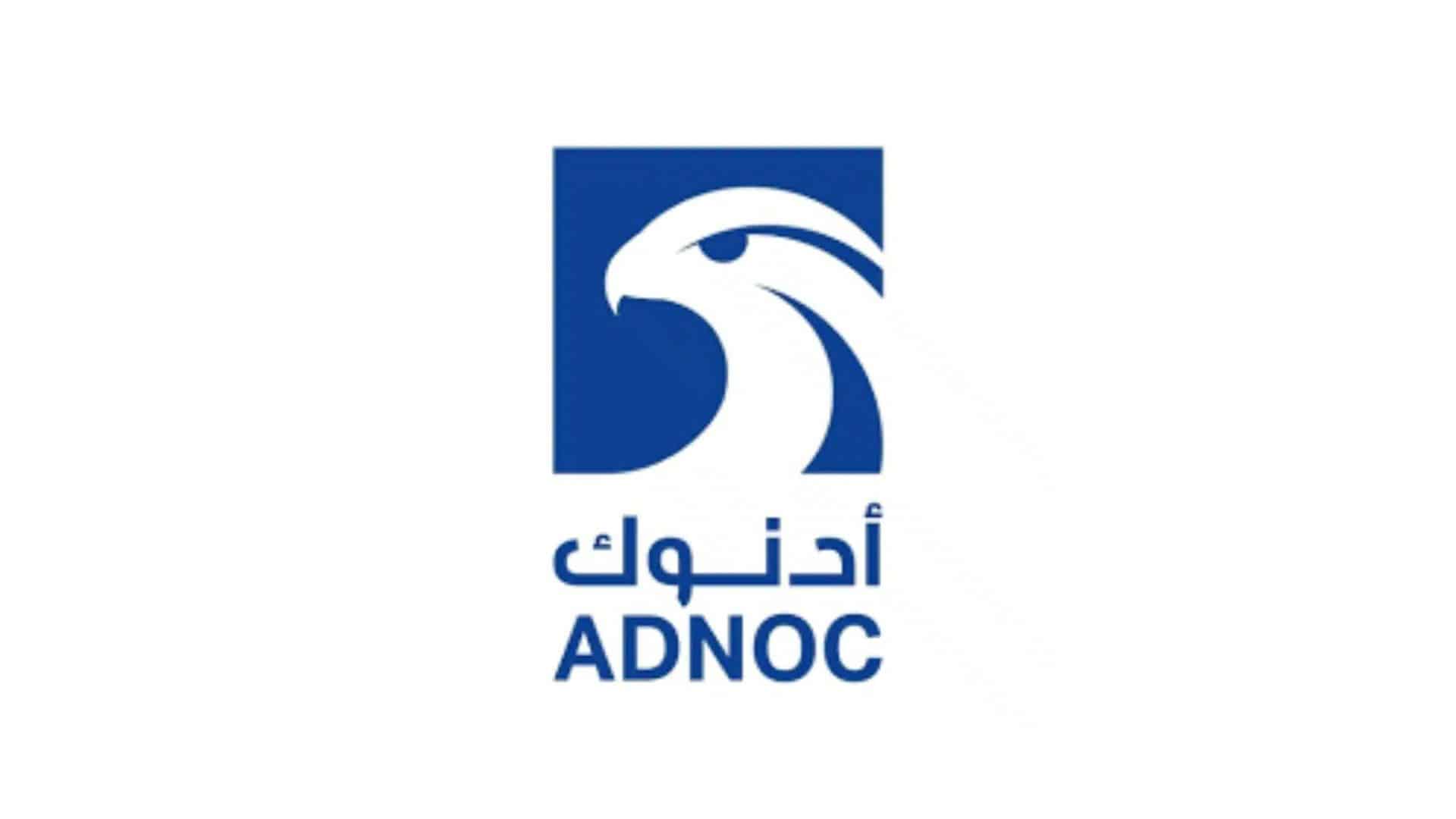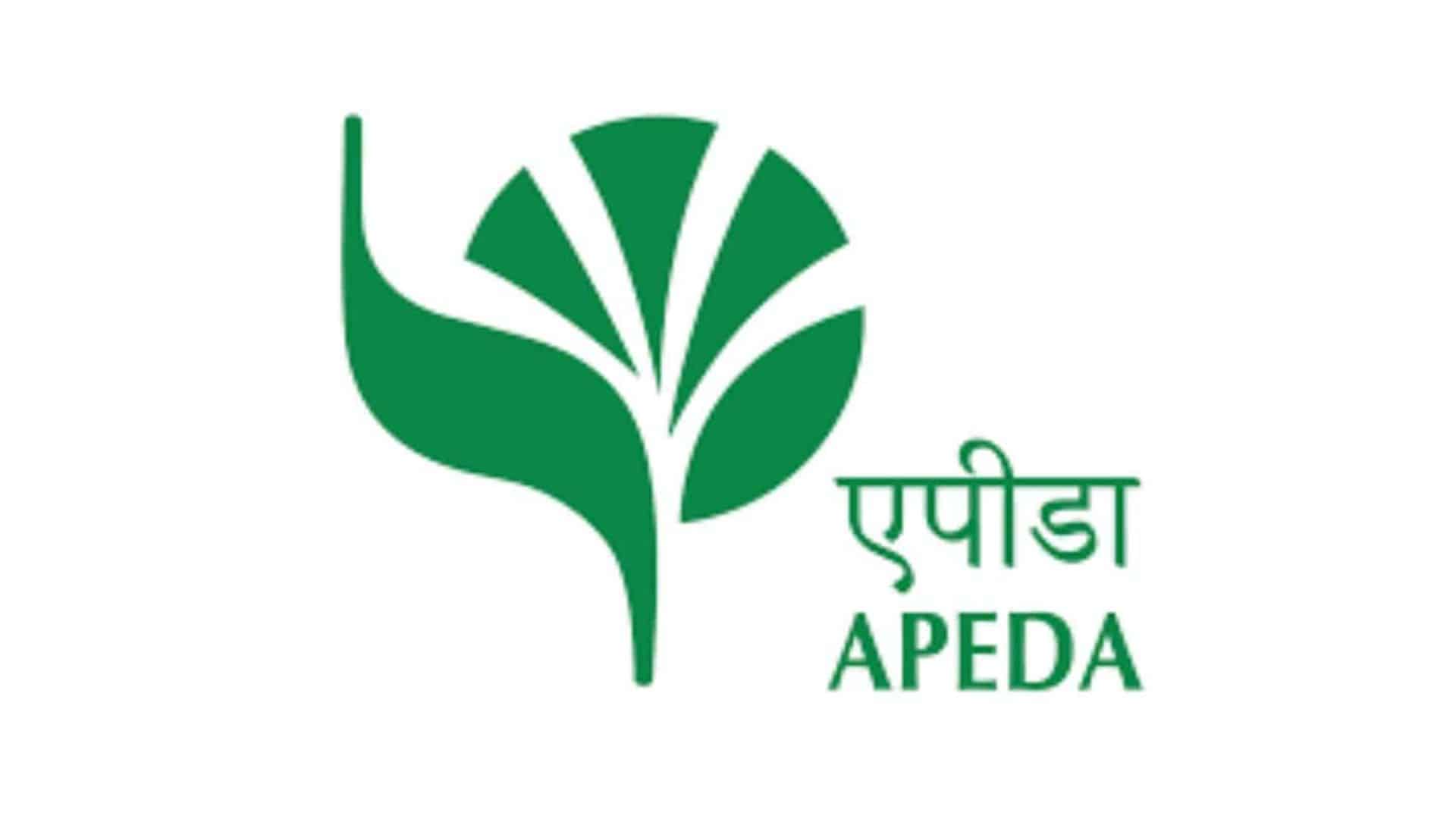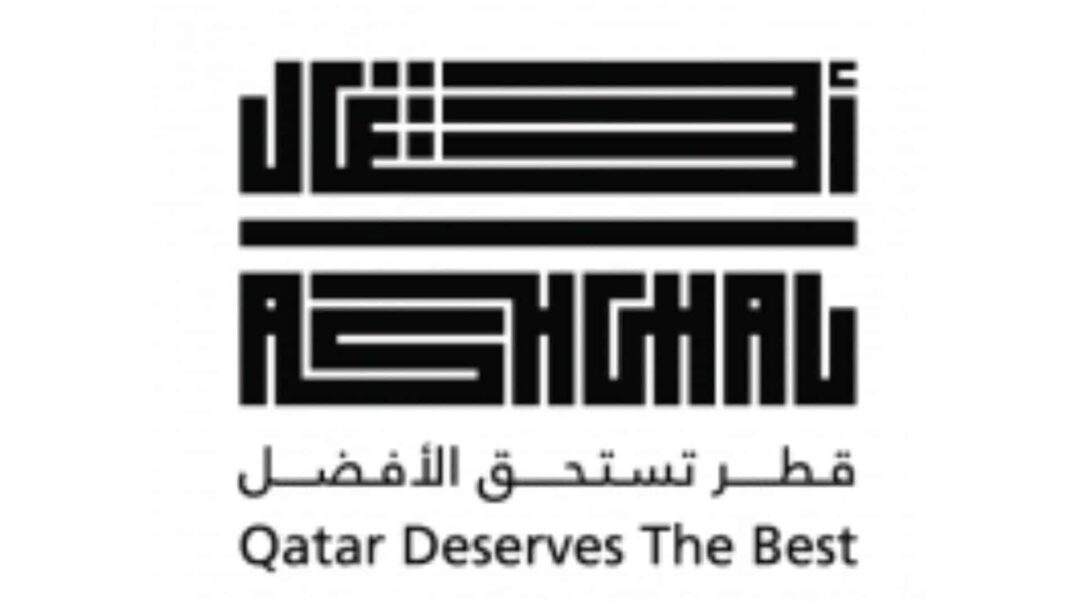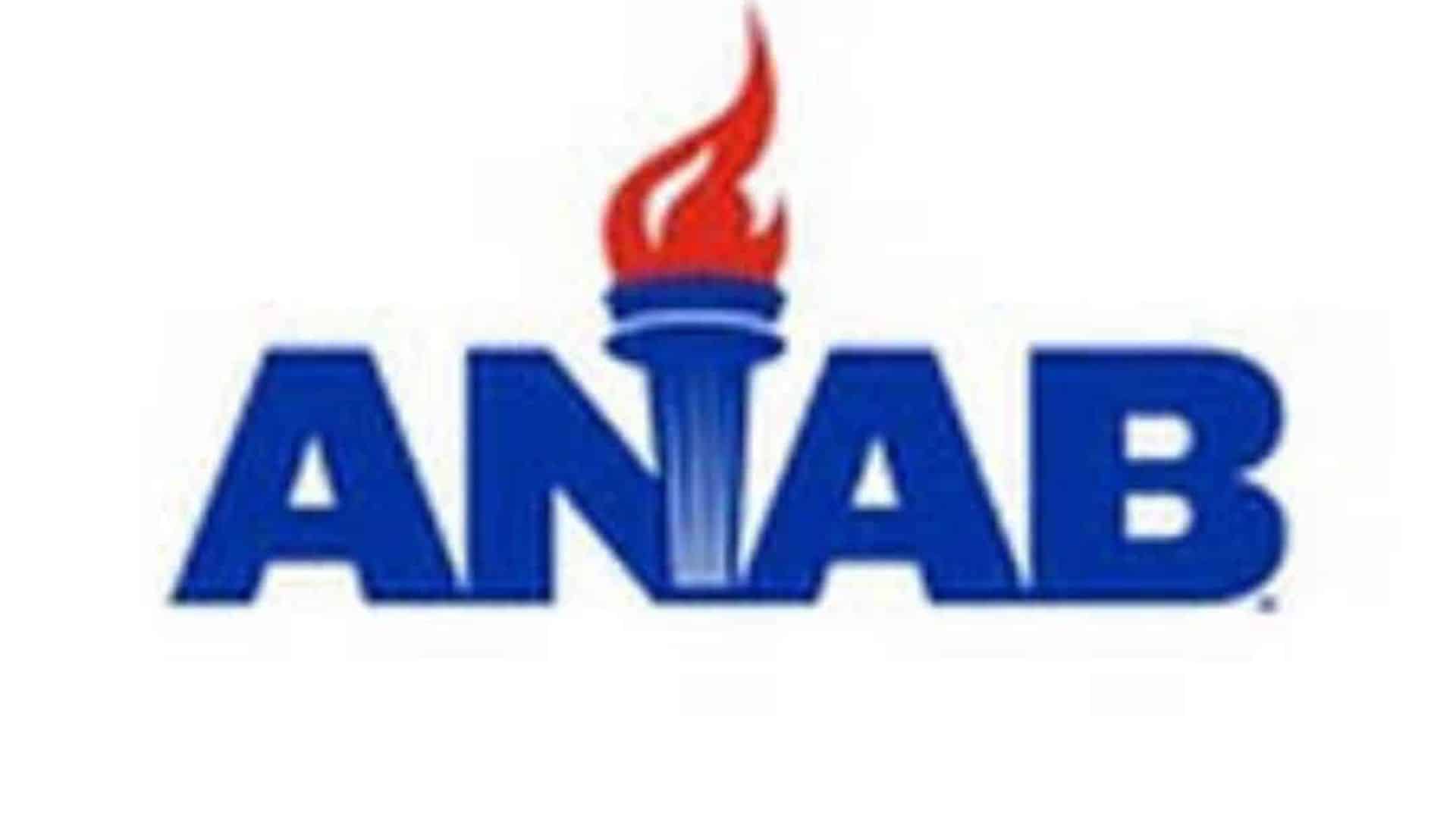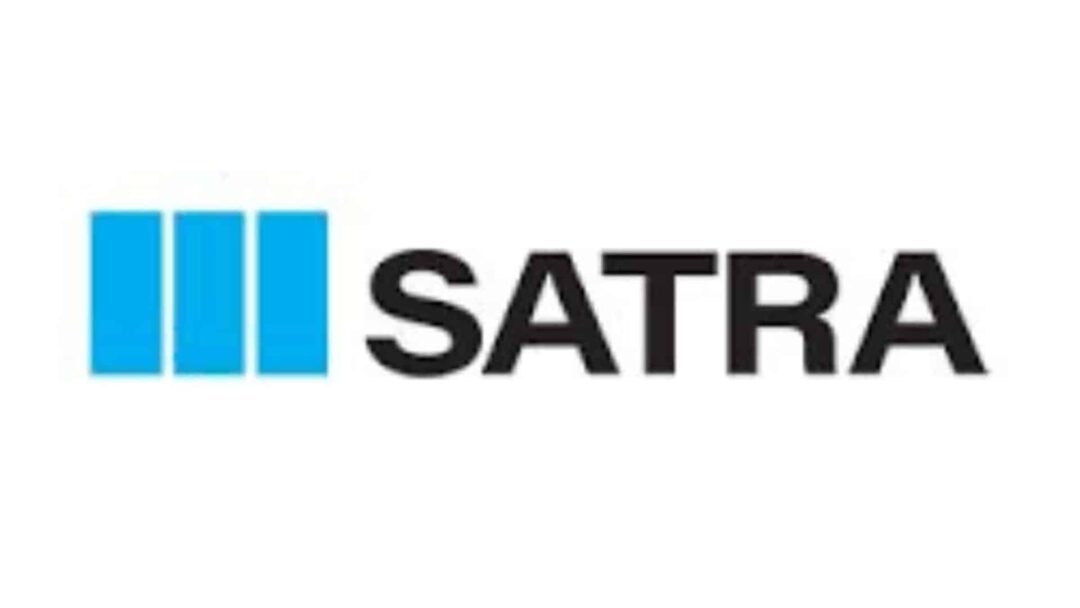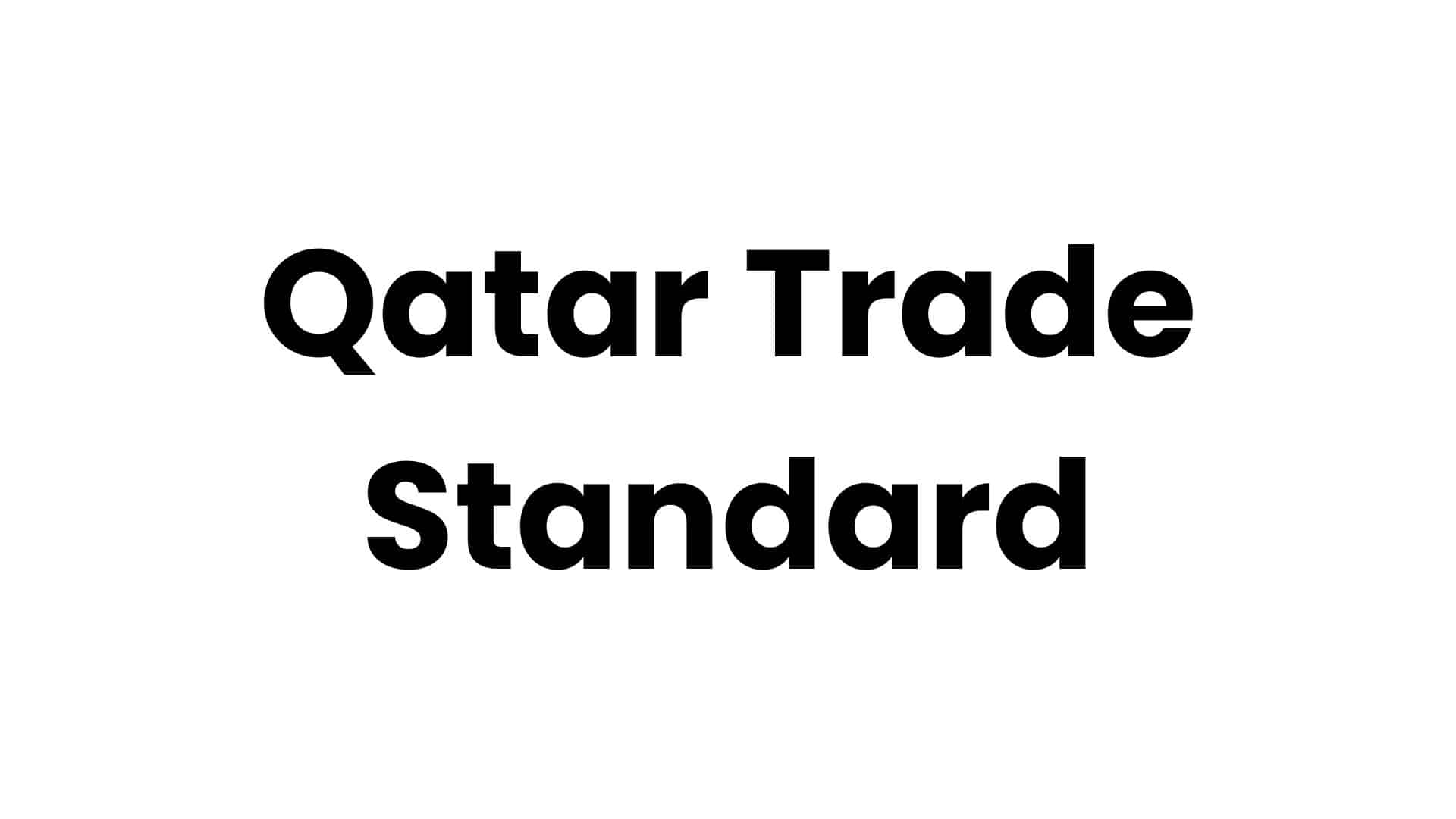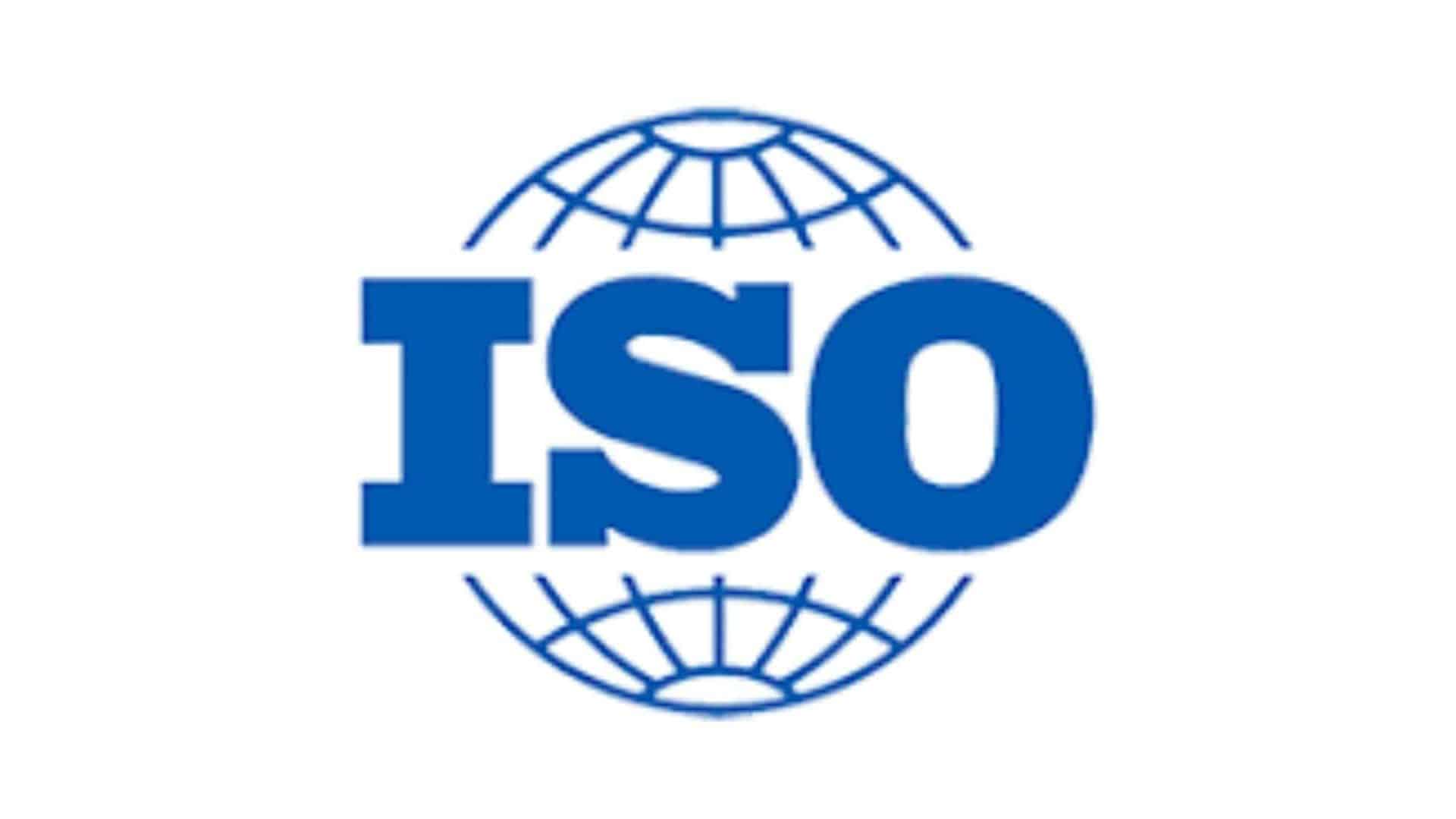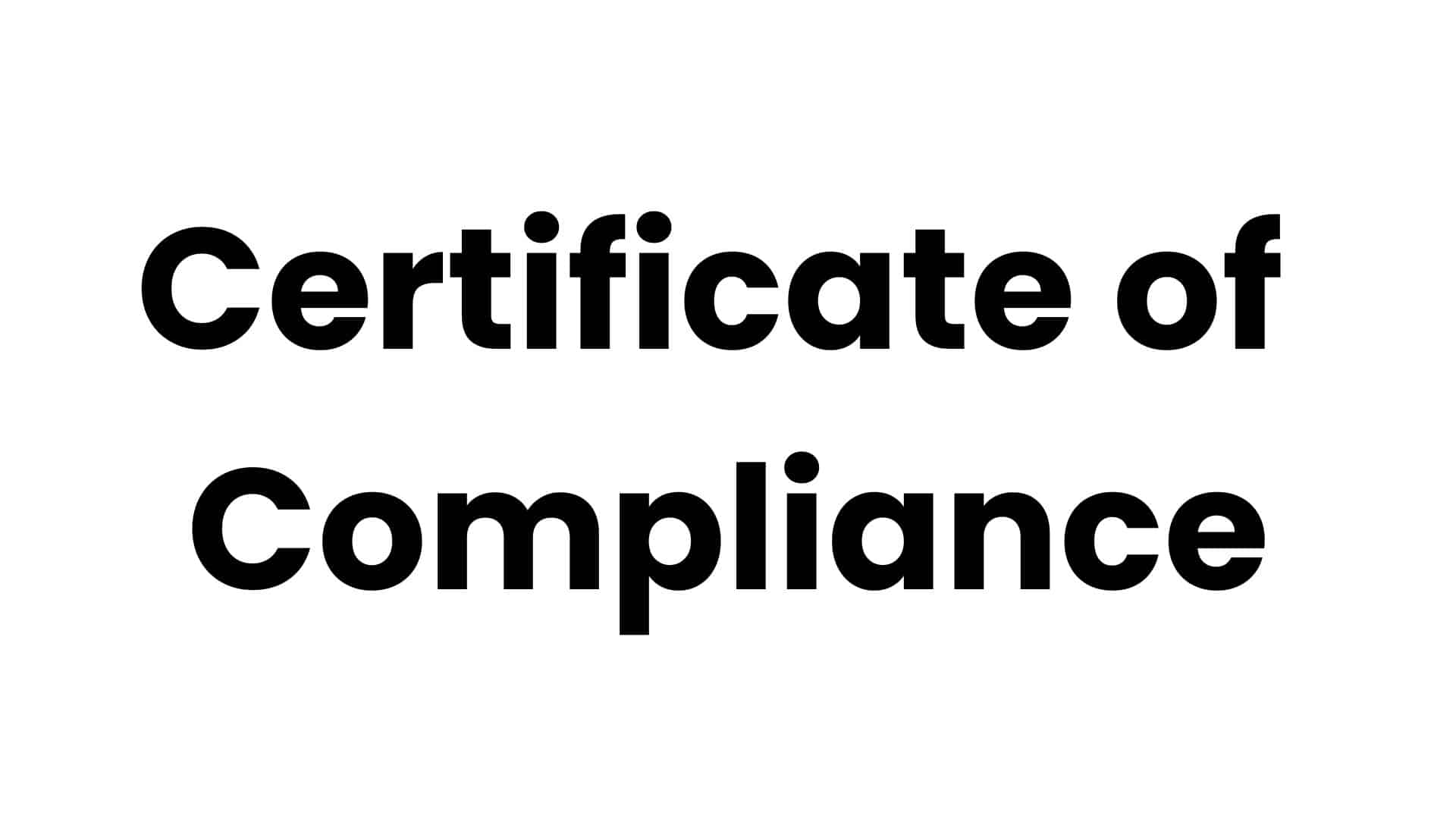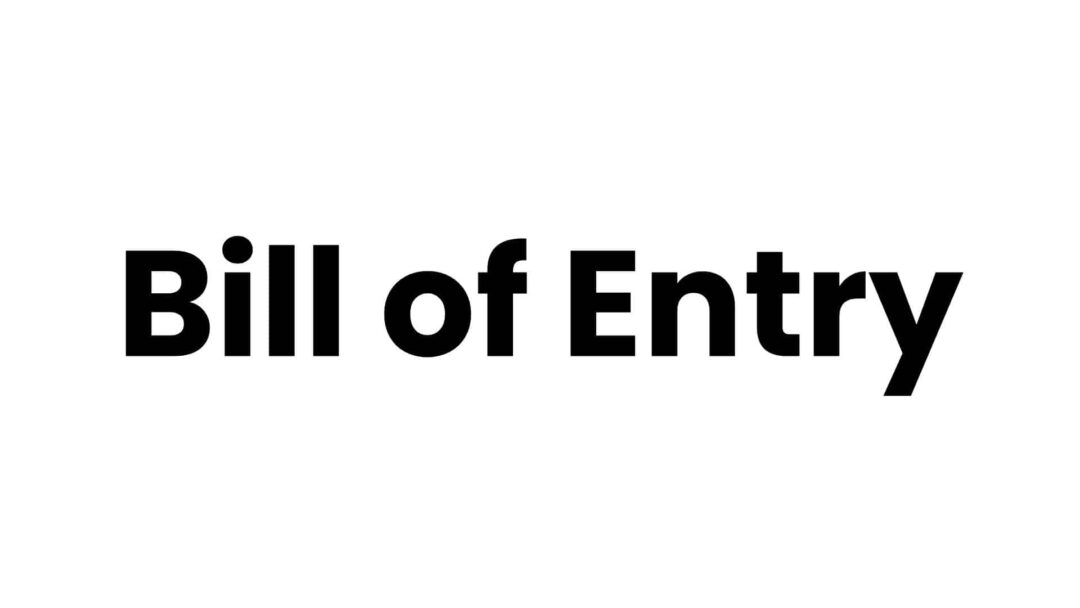FAIRS
Food Safety and Standards Authority of India (FSSAI)
The Food Safety and Standards Authority of India (FSSAI) is a statutory body under the administration of the Ministry of Health and Family Welfare, Government of India. It regulates the manufacture, storage, distribution, sale, and import of food articles, while also establishing standards to ensure food safety. The FSSAI was established by the Food Safety and Standards Act, 2006, which consolidated all former acts and orders related to food safety that were previously handled by various ministries and departments. The FSSAI has its headquarters at New Delhi. The FSSAI provisions are enforced by Food Safety Officers.
The following are the statutory powers that the FSS Act, 2006 gives to the Food Safety and Standards Authority of India (FSSAI).
- Framing of regulations to lay down food safety standards
- Laying down guidelines for accreditation of laboratories for food testing
- Providing about food safety and nutrition in India.
Indian Standards Institute (ISI)
The ISI mark is a standards-compliance mark for industrial products in India since 1950. The mark certifies that a product conforms to an Indian standard (IS) developed by the Bureau of Indian Standards (BIS), the national standards body of India. The ISI is an initialism of Indian Standards Institution . The ISI mark is mandatory for certain products to be sold in India, such as electrical appliances including switches, electric motors, wiring cables, heaters, kitchen appliances, etc., and other products like Portland cement, LPG valves, LPG cylinders, automotive tyres ,etc. In the case of most other products, ISI marks are optional. ISI was founded to establish standards for the orderly growth of industries and for maintaining industrial output efficiency. It offers an ISI mark which is a standards-compliance mark for industrial products in India. ISI Marks means the products are checked for their quality.
Bureau of Indian Standards (BIS)
Bureau of Indian Standards (BIS) is the National Standard Body of India. BIS is responsible for the harmonious development of the activities of standardization, marking and quality certification of goods and for matters connected therewith or incidental thereto.
BIS through its core activities of standardization and conformity assessment, has been benefiting the national economy by providing safe, reliable and quality goods; minimizing health hazards to consumers; protecting the environment, promoting exports and imports substitute; controlling over proliferation of varieties etc. The standards and certification scheme of BIS apart from benefiting the consumers and industry also support various public policies especially in areas of product safety, consumer protection, food safety, environment protection, building and construction, etc.
National Accreditation Board for Testing and Calibration Laboratories (NABL)
National Accreditation Board for Testing and Calibration Laboratories (NABL) is an accreditation body, with its accreditation system established in accordance with ISO/ IEC 17011. “Conformity Assessment –Requirements for Accreditation bodies accrediting conformity assessment bodies.” NABL provides voluntary accreditation services to:
- Testing laboratories in accordance with ISO/ IEC 17025 ‘General Requirements for the Competence of Testing and Calibration Laboratories’
- Calibration laboratories in accordance with ISO/ IEC 17025 ‘General Requirements for the Competence of Testing and Calibration Laboratories’
- Medical testing laboratories in accordance with ISO 15189 ‘Medical laboratories -Requirements for quality and competence’
- Proficiency Testing Providers (PTP) in accordance with ISO/IEC 17043 “Conformity assessment — General requirements for proficiency testing” and
- Reference material producers (RMP) in accordance with ISO 17034 “General requirements for the competence of reference material producers”.
NABL is Mutual Recognition Arrangements (MRA) signatory to ILAC as well as APAC for the accreditation of Testing and Calibration Laboratories (ISO/IEC 17025), Medical Testing Laboratories (ISO 15189), Proficiency Testing Providers (PTP) (ISO/IEC 17043) and Reference materials producers (RMP) ( ISO 17034).
The disciplines and groups for which the accreditation services are offered in the respective fields are listed in –
- NABL 120 “Guidance for Classification of Product Groups in Testing & Calibration field”
- NABL 112 “Specific Criteria for Accreditation of Medical Laboratories”
- NABL 180 “Application Form for Proficiency Testing Providers (PTP)”
- NABL 190 “Application Form for Reference Material Producers Accreditation (RMP)”
Research and Development (R&D)
Research and Development (R&D) represents the activities companies undertake to innovate and introduce new products and services or to improve their existing offerings. R&D allows a company to stay ahead of its competition by catering to new wants or needs in the market.
R&D activities differ from institution to institution, with two primary models[3] of an R&D department either staffed by engineers and tasked with directly developing new products, or staffed with industrial scientists and tasked with applied research in scientific or technological fields, which may facilitate future product development.
Research and development are very difficult to manage, since the defining feature of research is that the researchers do not know in advance exactly how to accomplish the desired result.
BTRA
BTRA, a pioneer textile research institute over the 65+ years, was established in 1954 by Govt. of India along with the industry association to boost research, conducting testing, consultancy and certification in the field of textile, polymers, fibers and other materials. Currently it is partially funded by Ministry of Textiles, Govt. of India and its labs are approved and recognized by the Ministry of Textiles. We are the first MOT funded Center of Excellence (COE) for geotextiles in India and most sought-after Lab in India and neighboring country as far as technical textile is concerned.
Synthetic & Art Silk Mills’ Research Association (SASMIRA)
The Synthetic & Art Silk Mills’ Research Association (SASMIRA) established on 12th January 1950 under Registration No. 2505 of 1949-1950 granted under societies act XXI of 1860 and is a cooperative venture set up by the man-made textile industry of India after independence as a multi-functional institute to serve its scientific and technological needs.
This proposal was supported by the Council of Scientific and Industrial Research (CSIR) and other Government agencies that culminated into establishment of SASMIRA, earlier known as Silk and Art Silk Mills’ Research Association.
SASMIRA’s Activities
Commencing with the testing of silk and art silk materials, SASMIRA has geared its activities since then to meet the changing needs of the man-made textile industry thereby fulfilling its objectives. At present, SASMIRA is an Approved Body of the Ministry of Textiles, Government of India. The major areas of functioning at SASMIRA are listed as below:
-Research & Development
-Technical Textiles
– Accredited Testing Services
-Technical Services and Consultancy
-Services to Decentralized Sector
-Textile Instrument Development
-Educational Activities
-Publication
-Knowledge Dissemination
Northern India Textile Research Association (NITRA)
Northern India Textile Research Association (NITRA) is one of the prime textile research institutes in the country. The textile industry and Ministry of Textiles, Govt. of India jointly established NITRA in 1974 for conducting applied scientific research and providing support services to Indian textile industry. The organization is situated in a 50acre land at NCR Ghaziabad, near national capital New Delhi. It is certified by ISO 9001:2015. Today NITRA’s prime activities include research & development, technical consultancy, quality evaluation of materials, manpower training, third party inspection and publishing technical books and papers. NITRA also provides facilitating services to the decentralized powerloom sector through its eight centres located at Tanda, Kanpur, Meerut, Gorakhpur, Varanasi (all in U.P.), Panipat (Haryana), Ludhiana (Punjab) and Bhilwara (Rajasthan). NITRA is operating under the administrative control of Council of Administration comprising of representatives from Textile & Apparel industry, Govt. of India, trade associations, academic institutions and Textile Research Associations.
NITRA undertakes research projects in textile product development, machine design, instrument development and process development. NITRA also possesses patented technologies based on its R&D works. NITRA’s quality inspection & testing laboratories work 24×7 and analyze materials as per IS, ASTM, DIN, BS, ISO, JASO, AADTCC, EN and other customized standards.
How to get BIS certification
For export to India, manufacturers need BIS certification (ISI) under Foreign Manufacturers Certification Scheme (FMCS), or BIS registration (CRS) for certain products. The BIS Certification is obligatory for these products, so that they can be introduced and sold on the Indian market. BIS Certification India or BIS Registration issued by the Bureau of Indian Standards (BIS) ensure the quality, safety and reliability of products in accordance with Indian Standards (IS). The Bureau of Indian Standards (BIS) is the national certification body in India under the umbrella of the Indian Ministry of Consumer Affairs, Food & Public Distribution. On April 1, 1987, it effectively replaced the Indian Standards Institution (ISI) organization and took over their functions.
There are three main types of certifications:
-BIS-Certification (ISI), Includes Factory Inspection (Scheme I, ISI Mark Scheme)
-BIS-Registration (CRS) Without Factory Inspection (Scheme II)
-BIS-Certification with Factory Inspection (Scheme X)
The BIS certification process always includes:
-Preparation of application documents and application at BIS
-Only with ISI: Factory Inspection
-Product tests in accredited laboratory
-Issuance of certificate
-Marking and labeling of the product
U.S. Food and Drug Administration (FDA)
The U.S. Food and Drug Administration (FDA) is responsible for protecting public health by regulating imported products. Any company that plans to distribute food, animal, medical, or beauty products for the U.S. market is required to register with FDA.
If you produce products in the categories below, FDA registration may be mandatory:
- Food, beverages, or dietary supplements
- Cosmetic products
- Animal and veterinary products
- Medical devices
- Drug products (including OTC)
- Tobacco products
- Radiation-emitting devices (RED)
- Biologics
By registering your facility with FDA, you help to promote consumer safety and keep your company FDA compliant. FDA registration involves submitting detailed information about your products, manufacturing facilities and processes, quality control, labeling, recall procedures, and more.
Federation of Indian Chambers of Commerce & Industry (FICCI)
The Federation of Indian Chambers of Commerce & Industry (FICCI) is a non-governmental trade association and advocacy group based in India. It is the largest, one of the oldest and the apex business organisation in India. It is a non-government, not-for-profit organisation. From influencing policy to encouraging debate, engaging with policy makers and civil society, FICCI articulates the views and concerns of industry. FICCI draws its membership from the corporate sector, both private and public, including SMEs and MNCs.
Bureau of Energy Efficiency(BEE)
The Government of India has set up the Bureau of Energy Efficiency (BEE), also referred to as ‘BEE’ under the provisions of the EC Act, 2001 with the primary objective of reducing energy intensity of the Indian economy. The Standards and Labeling Scheme (S&L) is one of the major thrust areas of BEE. The mission of the Bureau of Energy Efficiency is to institutionalise energy efficiency services, enable delivery mechanisms in the country and provide leadership to energy efficiency in all sectors of the country. Its primary objective is to reduce energy intensity in the economy.
The broad objectives of BEE are as follows:
- To exert leadership and provide policy recommendation and direction to national energy conservation and efficiency efforts and programs.
- To coordinate energy efficiency and conservation policies and programs and take it to the stakeholders
- To establish systems and procedures to measure, monitor and verify energy efficiency results in individual sectors as well as at a macro level.
- To leverage multi-lateral, bi-lateral, and private sector support in implementation of Energy Conservation Act and efficient use of energy and its conservation programs.
- To demonstrate delivery of energy efficiency services as mandated in the EC bill through private-public partnerships.
- To interpret, plan and manage energy conservation programs as envisaged in the Energy Conservation Act.
- To promote research and development in energy efficiency and energy conservation.
- To develop testing and certification procedures for energy consumption of equipment and appliances and promote the testing facilities.
To strengthen consultancy services in the field of energy conservation.
Ministry of Public Health(MOPH) Approved
Qatar Standardization(QS)
The Standards and Metrology Department, under the Qatar General Organization for Standards and Metrology (QS), prepares Qatar national standards and adopts international standards to be used as national standards for health, safety and the environment. The ASTM International MOU program is designed to encourage, increase and facilitate the participation of technical experts from around the world in the ASTM standards development process.
This year, QS referenced 233 ASTM International standards in Qatar regulations. The referenced standards cover plastics, plastic piping systems and concrete and concrete aggregates. Several technical experts from Qatar participate on one or more of ASTM’s 142 standards development committees, and QS has participated in various ASTM technical training programs through the MOU program.
Flammability Testing and Fire Testing Lab
METS lab is one of the leading fire testing labs in UAE. We are accredited to carry out the fire testing you need to get your products certified for your destination market.
International Fire Testing Standards which METS follows :
- ASTMD635- Standard test method forrate of burning and/or extent and time of burning of plastics in a horizontal position.
- ASTMD1929- Standard test method for determining ignition temperature of plastics.
- ASTMD3801- Standard test method for measuring the comparative burning characteristics of solid plastics in a vertical position.
- ASTME84- Standard test method for surface burning characteristics of building materials.
- ASTME136- Standard test method for assessing combustibility of materials using a vertical tube furnace at 750°c
- ASTME2652- Standard test method for assessing combustibility of materials using a tube furnace with a cone-shaped airflow stabilizer, at 750°c
- ASTME2768- Standard test method for extended duration surface burning characteristics of building materials (30 min tunnel test)
- BS476-4- Fire tests on building materials and structures- part 4: Non-combustibility test for materials
- BS476-6- Fire tests on building materials and Method of test for fire propagation for products
- IEC60695-11-10- Fire hazard testing – Part 11-10: Test flames – 50 W horizontal and vertical flame test methods.
- IEC60695-2-10- Fire hazard testing: Glowing/Hot-wire Based Test Methods – Glow-wire Apparatus and Common Test Procedure
- IEC60695-2-11- Fire hazard testing – Part 2-11: Glowing/hot-wire based test methods – Glow- wire flammability test method for end products (GWEPT)
- IEC60695-2-13- Fire hazard testing – Part 2-13: Glowing/Hot-wire based test methods – Glow- wire ignition temperature (GWIT) test method for materials
- IEC62115- Electric toys – Safety only Clause 2.2 Resistance to fire non-metallic parts
- ISO1182- Reaction to fire tests for products — non-combustibility test
- UL-94- Standardfor safety of flammability of plastic materials for parts in devices and appliances testing.
- UL 723- Test for surface burning characteristics of building materials.
Abu Dhabi Food Control Authority (ADFCA)
Abu Dhabi Food Control Authority (ADFCA) was established to ensure food safety, guarantee the quality of food for human consumption, and conduct necessary research and studies on safe food. ADFCA’s mission is to develop a sustainable agriculture and food sector that ensures the delivery of safe food to the public and protects the health of animals and plants while promoting sound agricultural and food practices through cohesive and effective policies and regulations, quality standards, research and awareness.
Abu Dhabi Quality and Conformity Council (ADQCC)
Abu Dhabi Quality and Conformity Council (ADQCC) is an Abu Dhabi government entity established in accordance with Local Law No. (3) of 2009 to raise the quality of Abu Dhabi’s exports and products traded locally. QCC consists of a council of regulators and industry with a mandate to ensure provision of quality infrastructure in line with global standards. QCC’s functions are divided into six key areas: developing standards and specifications, capacity building of metrology systems, strengthening testing infrastructure, launching conformity schemes, protecting consumer interests and ensuring fair trade. METS Lab following the methods of ADQCC and co-ordinating with them in product testing.
Abu Dhabi Agriculture & Food Safety Authority (ADAFSA)
Abu Dhabi Agriculture & Food Safety Authority is the local authority in charge of agriculture, food safety, food security and biosecurity in the Emirate of Abu Dhabi. It aims to develop a sustainable agriculture and food sector and protect the health of animals and plants to enhance the biosecurity and achieve food security. In addition, the authority is responsible for preparing plans, programs and activities in the field of agriculture, food safety and food security.
ADNOC
ADNOC is a leading diversified energy group, wholly owned by the Abu Dhabi Government. They are in the top tier of the lowest carbon intensity oil and gas producers in the world. ADNOC is committed to operating with integrity and maintaining the highest professional and ethical standards in every aspect of its business. ADNOC operates under the guidance and direction of the Abu Dhabi Supreme Council for Financial and Economic Affairs (SCFEA) formally known as Supreme Petroleum Council (SPC). METS Lab playing a crucial role in the testing of ADNOC products.
Agricultural and Processed Food Products Export Development Authority (APEDA)
The Agricultural and Processed Food Products Export Development Authority (APEDA) is an Indian Apex-Export Trade Promotion Active government body. APEDA is the premier body of export promotion of fresh vegetables and fruits. It provides the crucial interface between farmers, storehouses, packers, exporters, surface transport, ports, Railways, Airways, and all others engaged in export trade to the international market. It was set up by the Ministry of Commerce and Industry under the Agriculture and Processed Food products Export Development Authority. The Act was passed by Parliament in December 1985. It was formed and came into effect from 13th February 1986 by the notification issued in the Gazette of India.
APEDA has been entrusted with the responsibility of export promotion and development of following scheduled products :
1. Fruits, Vegetables and their Products
2. Meat and Meat Products
3. Poultry and Poultry Products
4. Dairy Products
5. Confectionery, Biscuits and Bakery Products
6. Honey, Jaggery and Sugar Products
7. Cocoa and its products, chocolates of all kinds
8. Alcoholic and Non-Alcoholic Beverages
9. Cereal and Cereal Products
10. Groundnuts, Peanuts and Walnuts
11. Pickles, Papads and Chutneys
12. Guar Gum
13. Floriculture and Floriculture Products
14. Herbal and Medicinal Plants
15. De –oiled rice bran
16. Green pepper in brine
17. Cashew Nuts and Its Products
Basmati Rice has been included in the Second Schedule of APEDA Act. In addition to this, APEDA has been entrusted with the responsibility to monitor the import of sugar as well.
APEDA also functions as the Secretariat to the National Accreditation Board (NAB) for the implementation of accreditation of the Certification Bodies under National Programme for Organic Production (NPOP) for Organic exports.
ASHGAL
Ashghal is the Public Works Authority of Qatar headquartered in Al Dafna, Doha. It was established in 2004 to oversee the planning, design, construction, delivery and asset management process of all infrastructure projects and public buildings in Qatar.
Ashghal’s primary tasks include supervising the design, construction, and management of major projects for roads, sanitation, and public buildings, such as schools and hospitals.
The Authority is an essential supporter of the economic and social development process to achieve Qatar Vision 2030, through several projects that serve ports, logistics and industrial areas, as well as local communities in the regions.
Ashghal’s strategy is based on four basic strategic axes :
1. Health and Safety:
Since the beginning of preparations for hosting the 2022 FIFA World Cup in the State of Qatar, the local and international community has been focusing on the health, safety and care performance in the country. In this regard, the Qatari government has set specific standards to measure improvements, through which the regional performance of health, safety and care can be measured. To support this goal, Ashghal continues to design, build, operate and manage the country’s infrastructure while ensuring that the health, safety and welfare of employees, contractors and customers are its top priorities.
2. Achieving excellence:
Achieving excellence in the delivery of projects and services is considered essential for the continued success of Ashghal, and the delivery of our projects and services on time and within the budget allocated to them while ensuring the required quality standards are important factors for this success. Ashghal focuses on the added value for money and environmental sustainability of our projects and services. The authority also seeks to ensure asset readiness and reduce customer inconvenience.
3. Capacity development:
The Public Works Authority is transforming from an organization that uses external resources to a model that implements and manages projects with internal resources. We are also developing our asset management capabilities to enhance our ability to manage the large volume of infrastructure assets planned to be delivered in 2022 and beyond. Achieving this mission requires that we have robust transition plans from program management consultants to our internal resources. Qatarization and developing staff competencies remains a priority for Ashghal, with an emphasis on investing in attracting and developing non-Qatari capabilities to ensure the presence of sufficient and efficient human resources to support the needs of our clients. We will continue to develop public-private partnerships and ensure a resilient supply chain for Ashghal. Ashghal will also continue to promote economic growth for small and medium-sized Qatari companies.
4. Clients and Stakeholders:
Public Works Authority clients, whether they are residents of the State of Qatar or Qatari government sectors, for whom we work, expect our commitments to be fulfilled efficiently. Since we are a service organization, we will continue to focus on improving the value of our services to customers and stakeholders. To achieve this effectively, we must improve our understanding of customers, stakeholders and their needs by applying best practices, and monitoring and improving our performance based on their feedback. This will only be achieved by fulfilling our promises to customers, and earning and maintaining trust to remain at the center of Qatar’s infrastructure development program.
ANSI National Accreditation Board (ANAB)
The ANSI National Accreditation Board (ANAB) is the largest multi-disciplinary accreditation body in the western hemisphere, with more than 2,500 organizations accredited in approximately 80 countries. ANAB provides accreditation and training and serves as architects for the conformity assessment structure of industry-specific programs.
ANAB’s accreditation portfolio includes ISO/IEC 17021-1 management systems certification bodies, ISO/IEC 17025 calibration and testing laboratories and forensic laboratories, ISO/IEC 17065 product certification bodies, ISO/IEC 17020 inspection bodies and forensic agencies, ISO 14065 greenhouse gas validation and verification bodies, ISO 17034 reference material producers, ISO/IEC 17043 proficiency test providers, property and evidence control units, ISO/IEC 17024 personnel credentialing organizations, and ASTM 2659 certificate accreditation programs. ANAB also provides training on topics related to accreditation standards and conformity assessment.
SATRA
SATRA are an independent testing and research organisation. They accredit laboratories, design, manufacture and install test equipment, and provide production efficiency solutions to customers around the world. SATRA is established in 1919, they became a leading centre of excellence in the footwear and leather industry. Over the last 100 years they are grown and evolved to maintain their position as global experts. The SATRA Laboratory Accreditation programme is internationally recognised as an assurance of quality management throughout the footwear and leather products supply chain. it has since extended its expertise to cover other consumer product industry sectors including furniture, safety products, clothing, floorcoverings, leather goods, homeware, and cleaning technology. SATRA is also a Notified Body for EU Directives on personal protective equipment, toys and construction products. SATRA’s activities include research, material and product evaluation, consumer product and personal protective equipment testing, management systems and consultancy, international quality systems, quality assurance, publications, information services, and the production and sale of test equipment.
METS laboratories India private limited following the methods of SATRA.
Qatar Trade Standard
It describes the country’s standards landscape, identifies the national standards and accreditation bodies, and lists the main national testing organization(s) and conformity assessment bodies.
The only standards organization in Qatar is the Qatar Laboratories and Standardization Affairs. Qatar applies product certification according to ISSO standards 22 and 28. Product certification takes place by way of a conformity certificate from the manufacturer, self-declaration or tests reported by accredited laboratories from the exporting country.
ISO Standard
ISO, the International Organization for Standardization, brings global experts together to agree on the best way of doing things – for anything from making a product to managing a process. As one of the oldest non-governmental international organizations, ISO has enabled trade and cooperation between people and companies the world over since 1946. The International Standards published by ISO serve to make lives easier, safer and better. METS lab following methods of ISO in different areas of testing.
Certificate of Compliance
Bill of Entry
The Bill of Entry enables the customs authorities to assess the appropriate customs duty on the imported goods. The duty is determined based on factors such as the value, classification, and quantity of the goods. Accurate submission of the Bill of Entry ensures the correct assessment of customs duty, avoiding any overpayment or underpayment.
The bill of entry plays a crucial role in facilitating the smooth movement of imported goods through customs clearance. Once the bill of entry is processed and the customs duty is paid, the goods can be released for further transportation or delivery to the importer. Timely submission of the bill of entry ensures minimal delays and expedites the movement of goods.
The bill of entry serves as an important document for audit and compliance purposes. It provides a clear record of the imported goods, their value, and the applicable customs duty. In case of any future audit or scrutiny by the tax authorities, the bill of entry acts as evidence of compliance with tax regulations.




